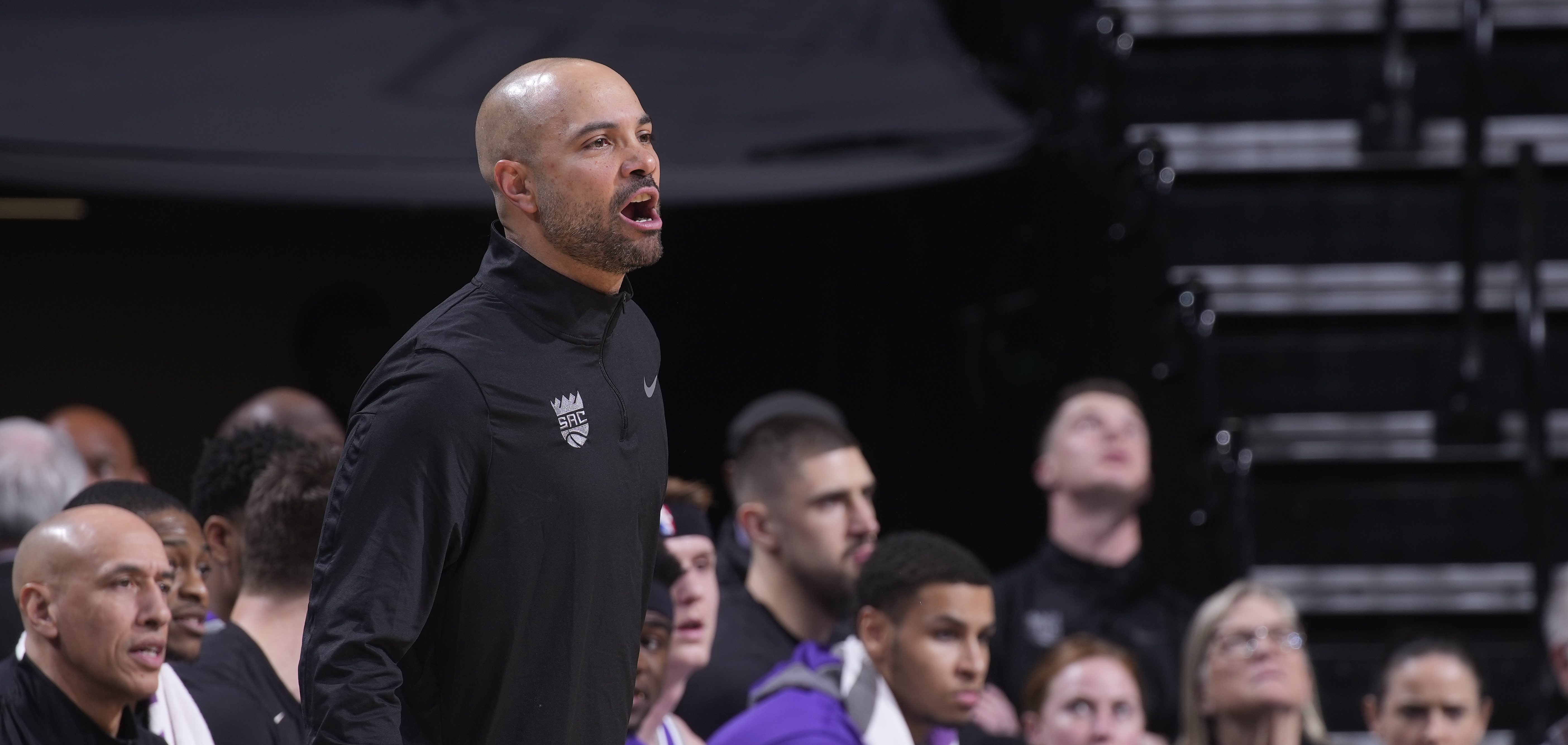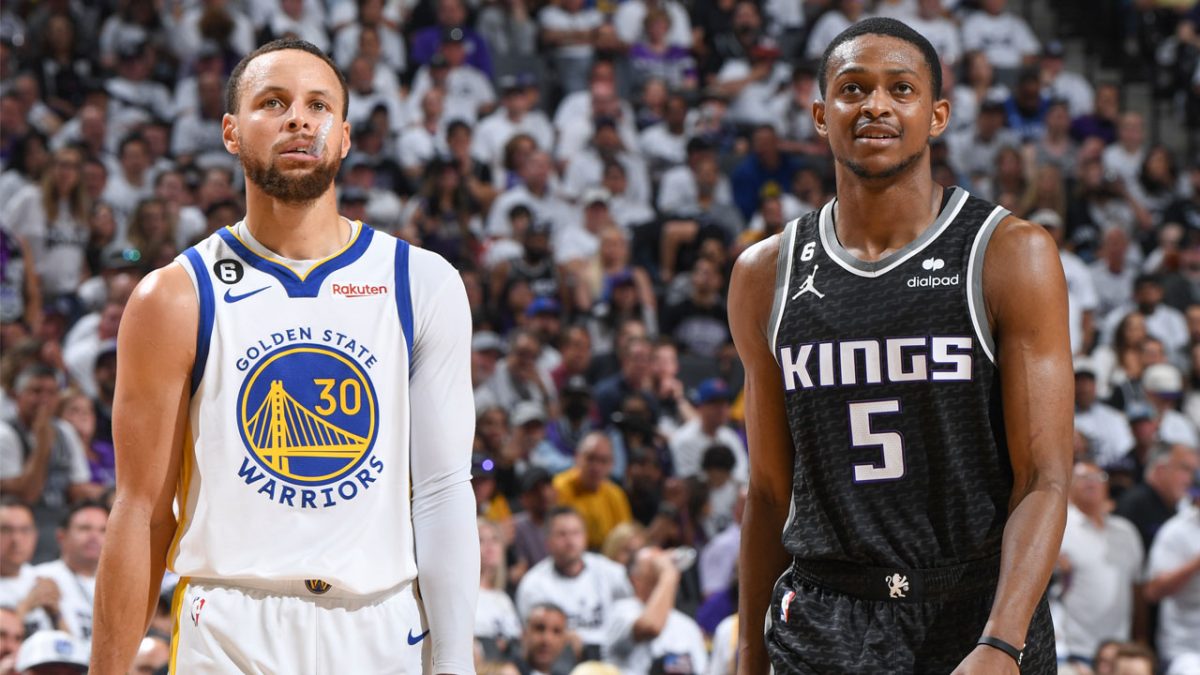Lonzo Ball’s final season in New Orleans was unlike any he’d faced in his basketball life.
As the Pelicans shifted their offense to feature phenom forward Zion Williamson as the team’s primary ballhandler, Ball’s offensive role skewed toward, in his words, a “3-and-D guy” — the colloquial term for NBA wings who focus on spot-up jumpers and versatile defending.
“It was different,” Ball said during his introductory press conference with the Chicago Bulls, who signed him to a four-year, $82 million contract (via sign-and-trade) in the opening seconds of free agency. “It was the first time I (have) really done that.
Stay in the game with the latest updates on your beloved Chicago sports teams! Sign up here for our All Access Daily newsletter.
“Whatever coach asks me, that’s what I’m going to do… I’m a basketball player at the end of the day. I can do a lot of things on the court. So I don’t want to be, you know, just caged in. I want to do whatever I can to help. And whatever they think that is, that’s what I go out and try to do.”
Ball excelled in that role, averaging 14.6 points, 5.7 assists, 4.8 rebounds and 1.5 steals while shooting 37.8 percent on 8.3 3-point attempts per game — the latter statistic unthinkable to skeptics when he entered the league as a shoddy long-range marksman for the Lakers.
But asked to compare his projected role with the Bulls to how he was used in New Orleans, Ball was direct.
“Just getting back to being more of a traditional point guard where I'm comfortable at,” Ball told reporters, citing conversations with Bulls coach Billy Donovan. “Last year was different for me, but whatever coach asks me, I'm going to do to the best of my abilities. This year, it's looking like I'm going to be playing point guard a lot, so that's what I'm trying to do.”
NBA
It’s no surprise the Bulls envision Ball seizing advanced responsibilities in their reimagined offense. They wouldn’t have pursued a trade for him at the 2021 deadline, then inked him in the offseason after talks fell through, if they didn’t have lofty ambitions for the 23-year-old lead guard.
“He likes to play fast. He likes to advance the ball, to guard. He can be a primary ballhandler, or he can play as a secondary ballhandler,” Artūras Karnišovas said when asked what attracted the Bulls to Ball. “He improved his 3-point shooting. He became close to 40 percent 3-point shooter on eight attempts, which is (a) really good number. The versatility. And then he can rebound the ball.
“There were a lot of things that were attractive. Collectively right now, we have a lot of guys who can handle the ball. As many ballhandlers as we can get, then we can be more versatile. Teams can struggle defending us and (can’t) have one gameplan to stop one player. I think the versatility gives us a chance every night.”
That should satiate the Bulls’ desire to play faster and more versatile, and Ball’s desire to be wanted for him — a point he’s emphasized multiple times since joining the team, and feels less like lip-service with every repetition.
“They didn't want me to change anything I had going, any part of my game,” Ball said of the Bulls. “They wanted me just to excel in the things I'm already comfortable doing. So it was an easy choice for me.”
Now, on a completely refurbished roster, he’s a crucial connecting piece — with, the Bulls hope, the potential to be even more.
Click here to follow the Bulls Talk Podcast.


